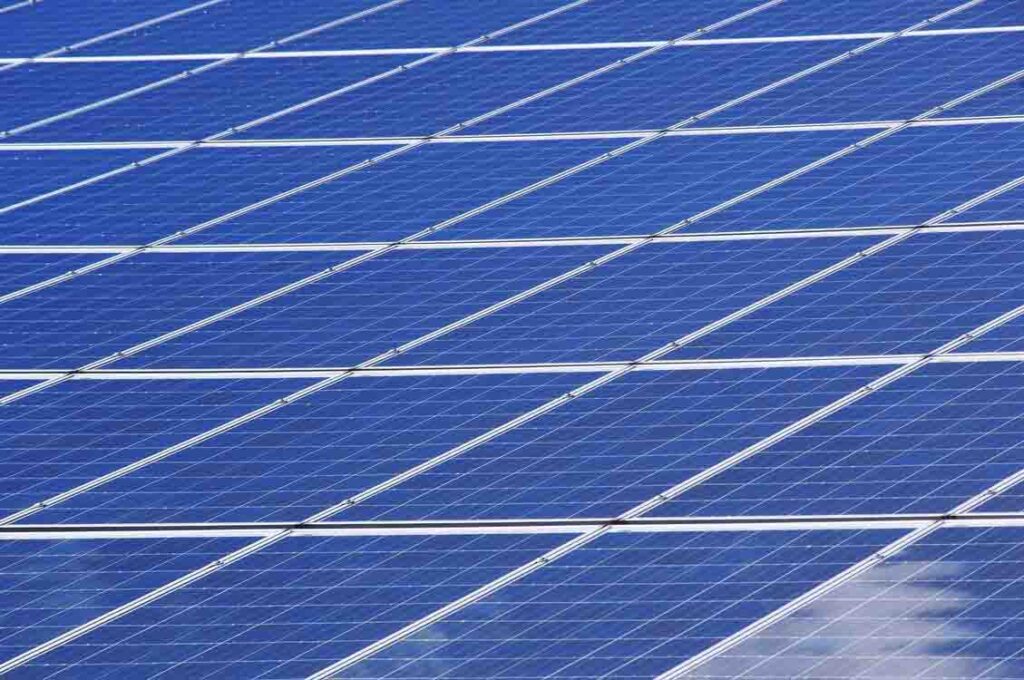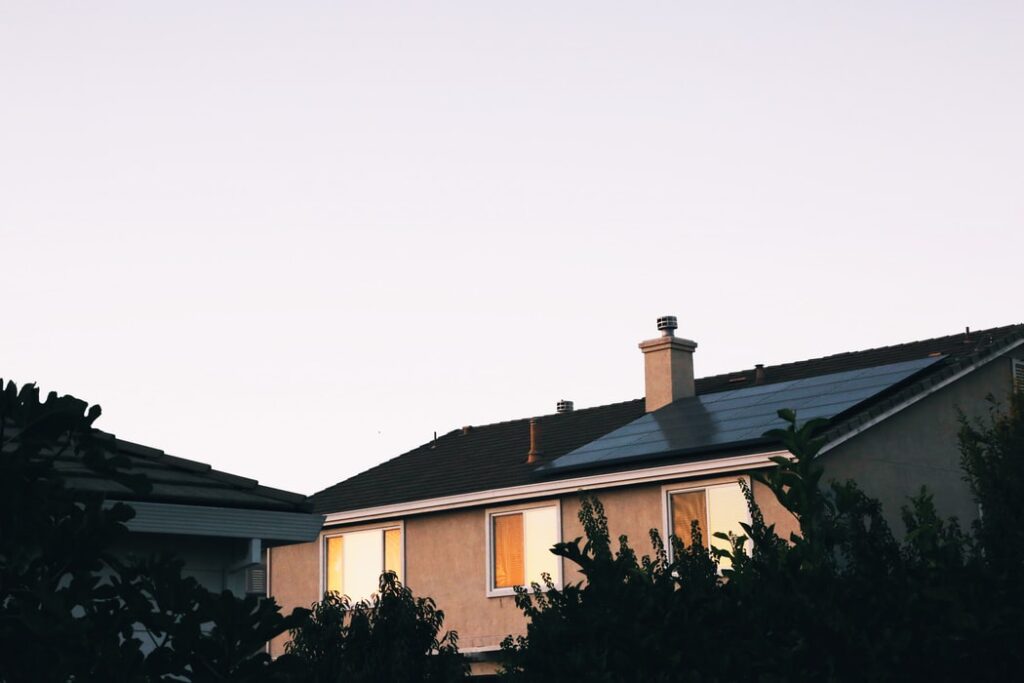Three focuses of my blog are Home/Living Discussions, Home/Property Discussions and Technology. Many people want to make their homes “green” so that they can take advantage of the abundance of solar power available from the sun. While it’s a good idea, it’s important to be smart about it. The following contributed post is entitled, What To Think About Before Installing Solar Power In Your Home.
* * *
Solar panels are an accessible way to start benefiting from solar power in your home. You get the benefit of renewable energy, helping you to be kinder to the planet and eventually save some money too. Before you start installing solar panels, there are some things that you should consider. It’s not necessarily the right choice for everyone, so you need to think about what it entails and whether it’s going to benefit you. There are both pros and cons to consider, as well as some practicalities to take into account. Think about some of these things before you make a choice.
Cost
The cost of solar panels is the first thing that many people want to know. Is it going to save you money each year? How long will it be before you’ve made your money back? It’s important to research prices to find out how much you could be paying. But it’s also a good idea to check a couple of other things. Firstly, check if there are any grants or subsidies to help you pay for your solar panels. Secondly, check if you can be paid for feeding any excess power for your panels back into the grid.

Image from Pexels – CC0 License
Amount of Power Needed
You should think about the amount of power that you want to generate with solar panels. Are you hoping to power your whole home or most of your home? The amount of power you need will determine how many solar panels you want and how much space you’ll need for them. One solar panel can generally produce around 250W of power, which means that ten panels will give you a 2.5kW system. Most people probably don’t have the space to power their whole home, unless they have the space and money to pay for it.
Work to Be Carried Out
The process to install your solar panels also needs to be considered. If you’ll be installing them on your roof, you need to make sure that the roof is strong enough. Any problems with the tiles on your roof could be an issue after the panels have been installed because replacing the tiles will mean you need to remove the panels. So before installing, get your roof checked. A Level 2 Electrician will help you to install a meter for your solar system. They can also carry out other electrical work that might be required if you choose to install solar panels.
Alternatives to Consider
Solar panels are often the go-to choice for renewable energy, but there are other options available too. Consider whether there are other options that could meet your needs instead. Some of the renewable energy choices that you might consider include air source and ground source heat pumps, wind turbines, and even hydroelectricity. Think about what your goals are, your budget, and other factors that might affect what you’re looking for.
Before you install solar power in your home, consider these important things that could influence whether solar panels will work for you.

